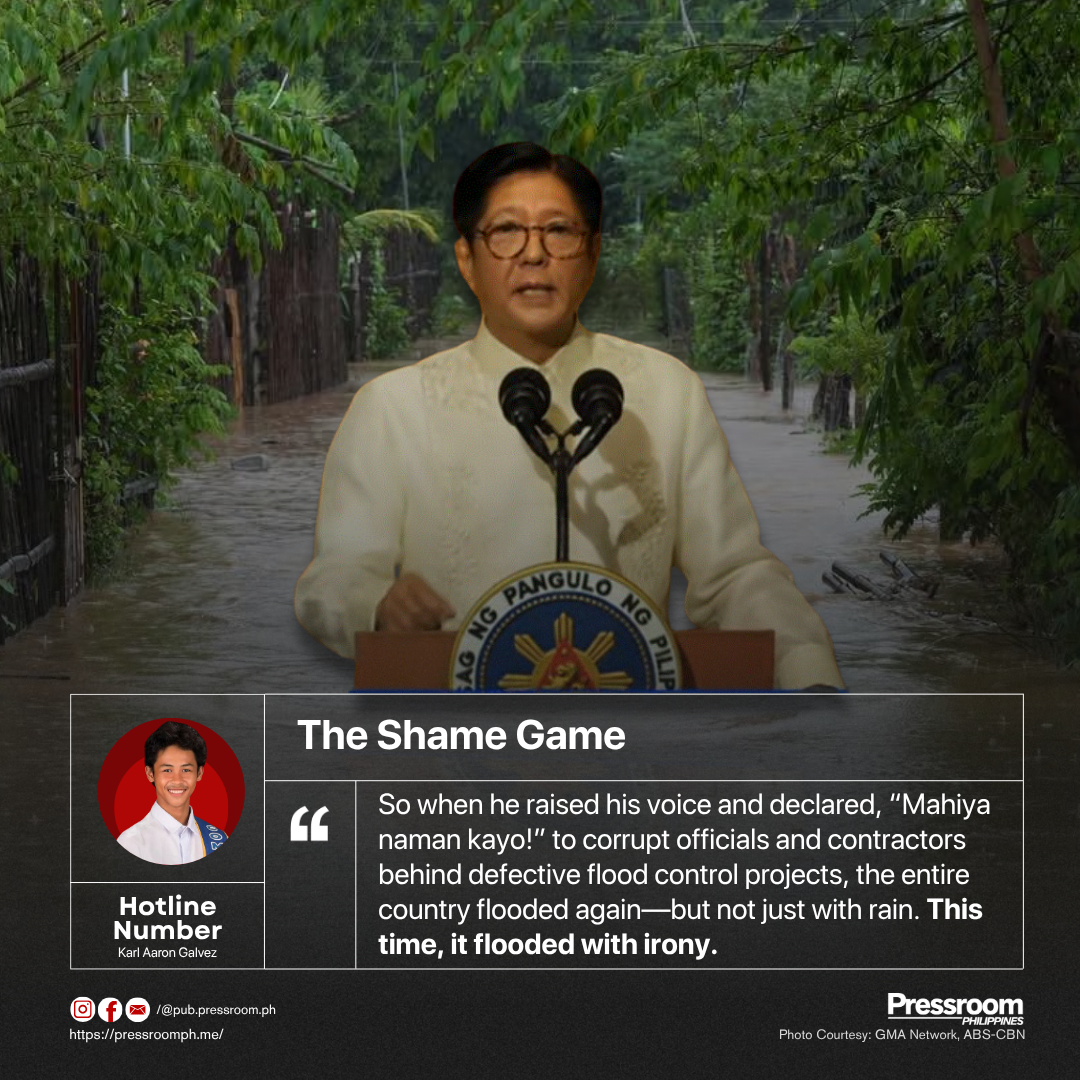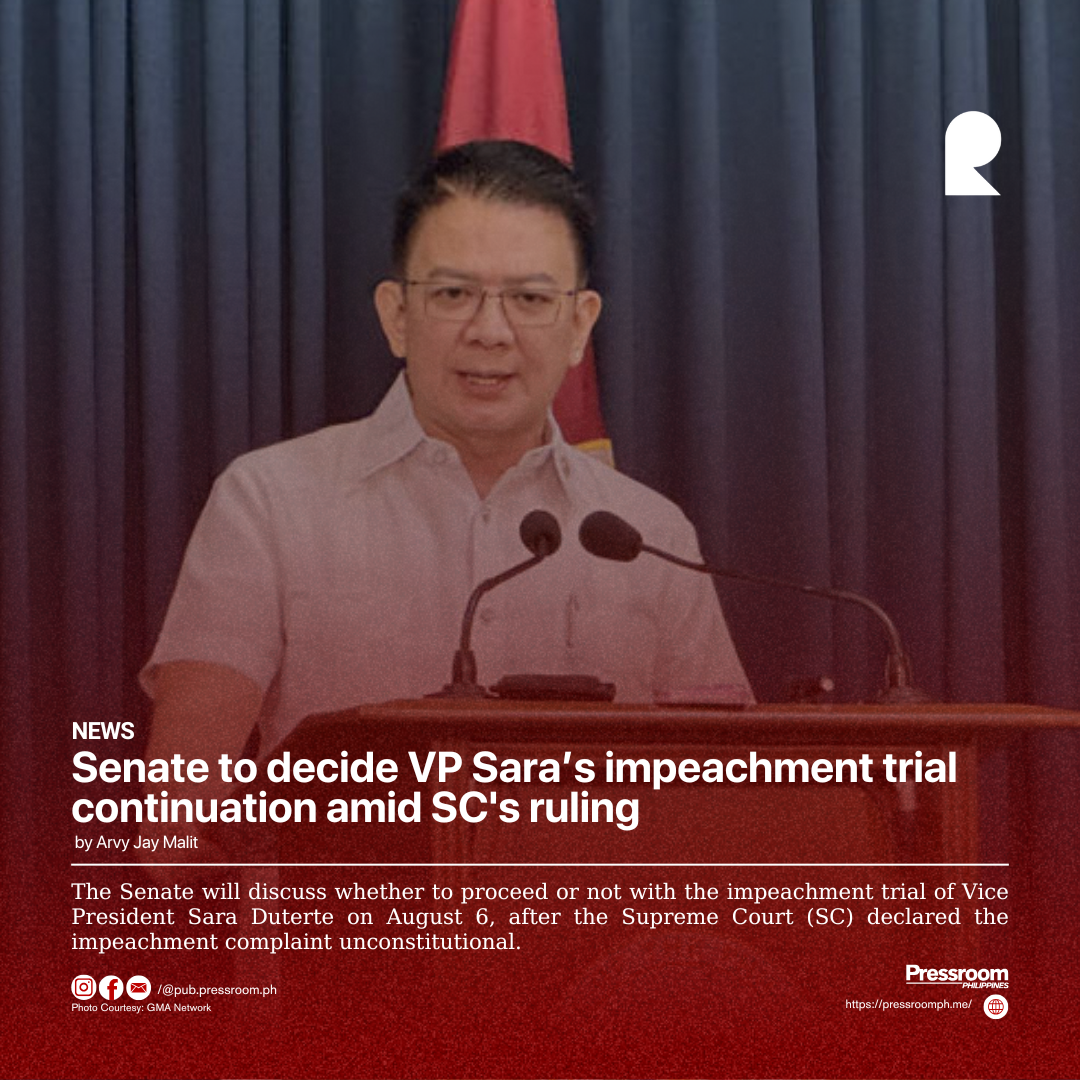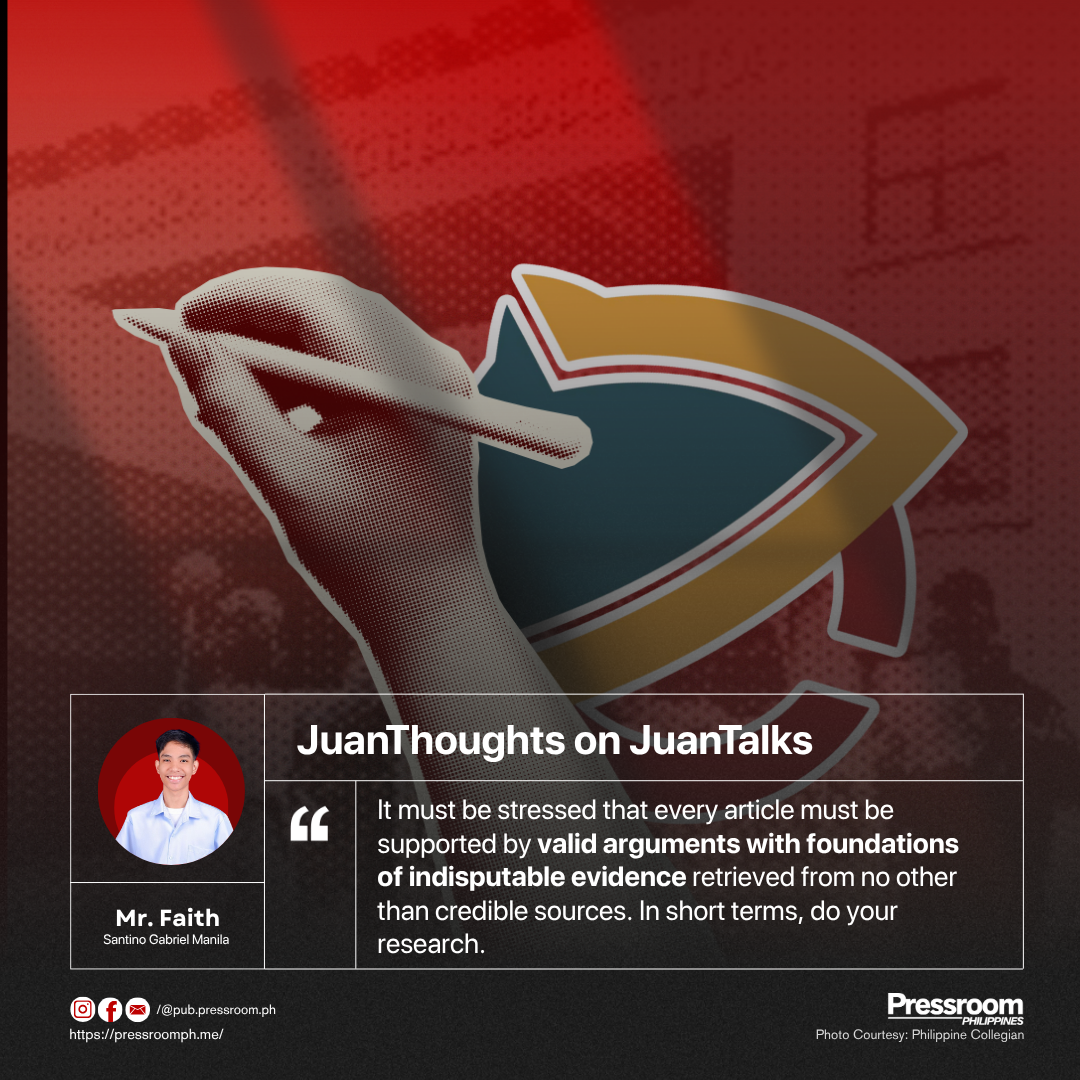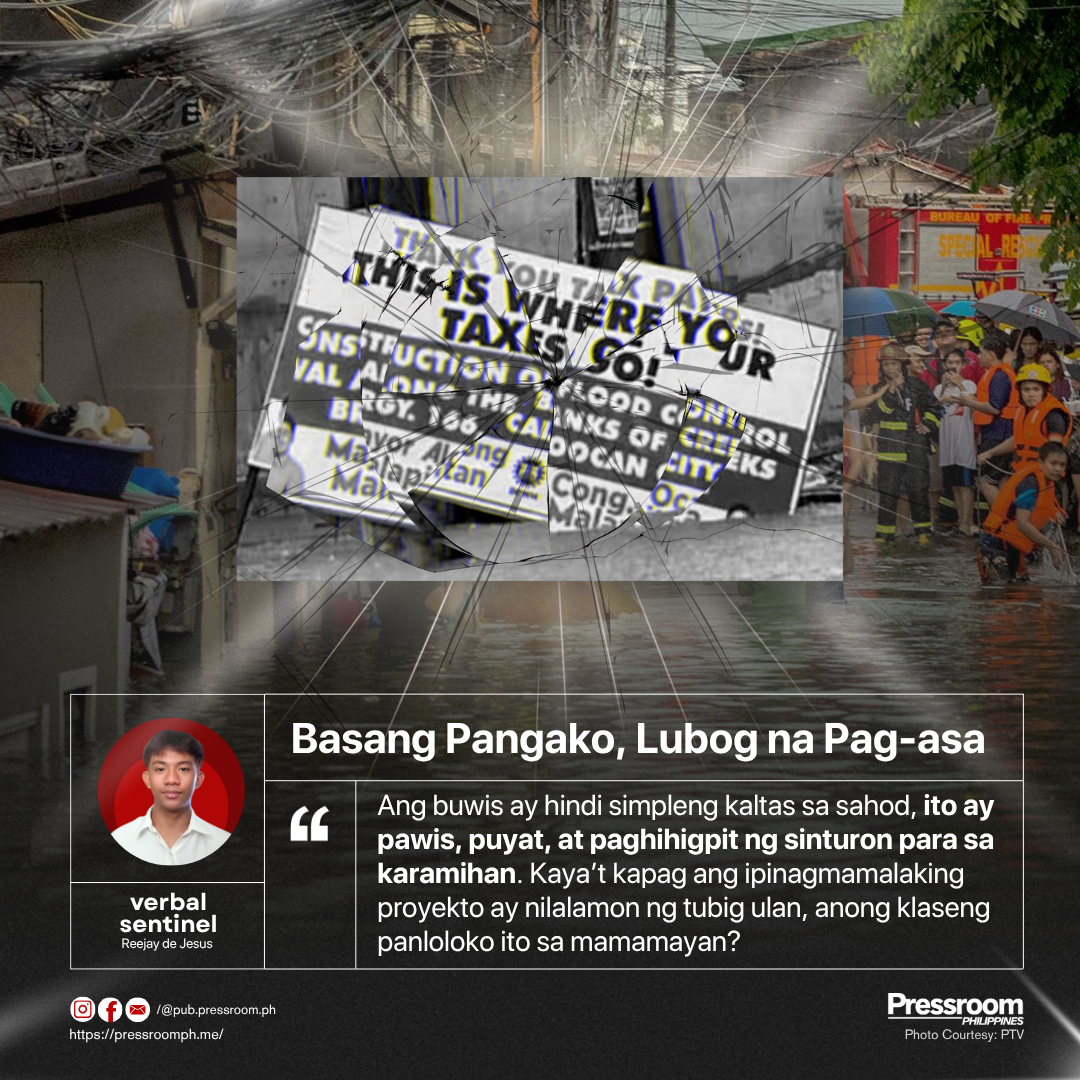The President called for shame. But when the streets flood and billions vanish into thin air, sometimes the loudest cries of blame echo back to where they started.
President Ferdinand "Bongbong" Marcos Jr.'s recent "Mahiya naman kayo!" declaration, aimed squarely at corrupt officials and contractors behind shoddy flood control projects, landed with the weight of a seasoned scolder. On the surface, it's a refreshing, albeit long-overdue, call for accountability in a country plagued by infrastructure failures and whispers of illicit deals. But dig a little deeper, and one might find the indignation ringing hollow, the finger pointing a circle back to the very source of systemic issues.
Let’s rewind. In mid-July 2025, major parts of Central and Southern Luzon were submerged due to torrential rains worsened by broken drainage systems and unfinished flood control structures. In Pampanga, for instance, residents of Macabebe and Masantol waded through chest-deep waters. In Metro Manila, traffic stood still along España and EDSA—once again—despite the billions poured into flood management projects under the Department of Public Works and Highways (DPWH).
So when he raised his voice and declared, “Mahiya naman kayo!” to corrupt officials and contractors behind defective flood control projects, the entire country flooded again—but not just with rain. This time, it flooded with irony.
Because really, what could be more ironic than a Marcos scolding others for corruption?
And while we’re on the topic of irony—let’s remember that the Marcos dictatorship was accused by various human rights groups and the Presidential Commission on Good Government (PCGG) of embezzling over $10 billion during its two-decade rule. Up to now, the PCGG is still trying to recover ill-gotten wealth. In 2003, the Supreme Court ruled that $658 million held in Swiss foundations linked to the Marcoses was ill-gotten. Decades later, some cases were dismissed, though some remain pending.
It’s even more ironic that the current administration continues to oppose the passage of a full-fledged Freedom of Information (FOI) law, something that would’ve helped prevent the kind of backdoor deals that stall public works. Despite promises from both President Duterte and now President Marcos Jr., FOI remains watered down to a limited executive order.
It just makes me laugh: A man born into a name synonymous with excess and plunder now wagging a finger at corruption. The irony isn’t just thick—it’s ankle-deep, waist-deep, chest-deep. Just like the floodwaters that Filipinos endure, year after year, government after government.
And yet, instead of offering a roadmap for reform, President Marcos Jr. offered a soundbite:
“Mahiya naman kayo!”
It's easy to blame the faceless "corrupt officials" and "conniving contractors." They are convenient scapegoats, distant enough to absorb public outrage without directly implicating the machinery of government. But accountability, true accountability, starts at the top. It starts with setting a tone of uncompromising integrity, ensuring rigorous oversight, and implementing transparent processes that make it difficult for corruption to take root.
So yes, the President is right—someone should be ashamed.
Genuine shame, the kind that leads to meaningful change, requires introspection. It demands that leaders not only identify the problem but also acknowledge their own responsibility in creating or perpetuating the conditions that allow it to persist. It means going beyond mere pronouncements and enacting tangible, systemic reforms that dismantle the networks of corruption, rather than just chastising individual actors.
Yes, "Mahiya naman kayo" may resonate with a public hungry for justice. But the shame game is a dangerous one. Because when a leader points a finger outward, three more often point back. Shame should rise to meet the people who build the systems that allow corruption to flourish in the first place. Shame should go to those who inherit broken structures and choose not to rebuild them—only repaint.
Maybe the next words should be:
“Mahiya naman kami.”






